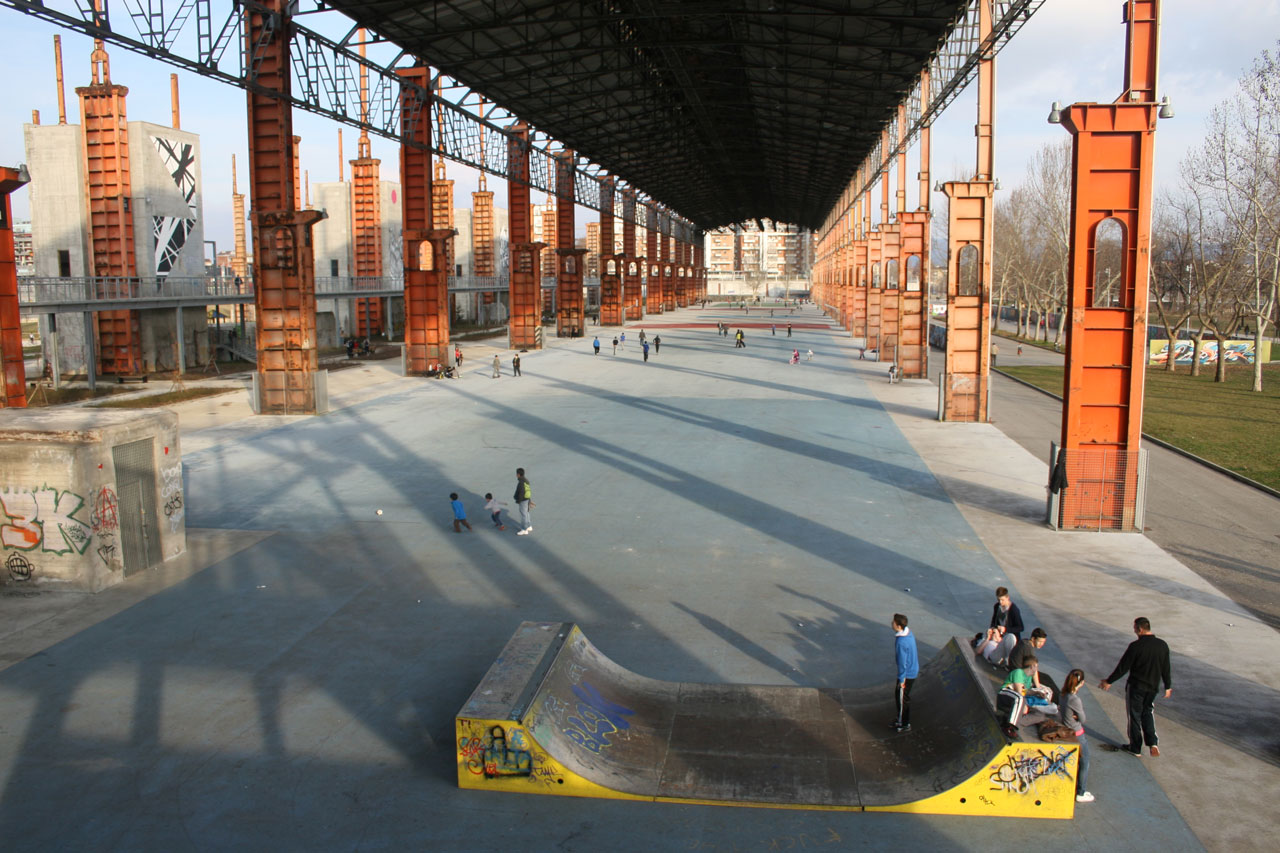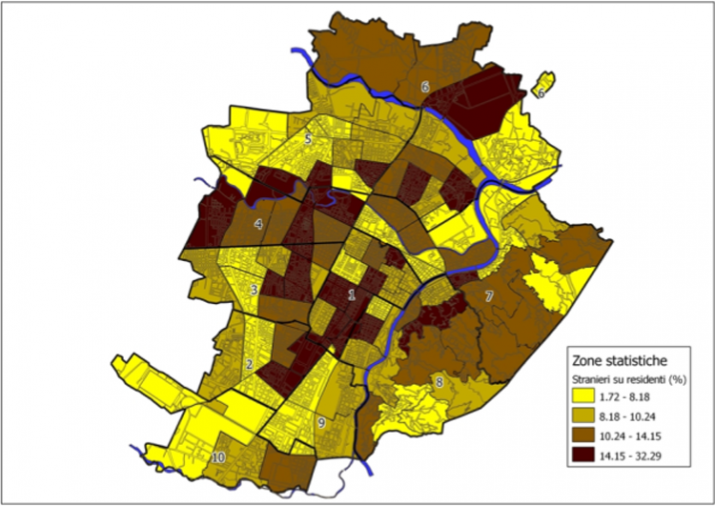IT Multiwelfare, progetto finanziato dalla Compagnia di San Paolo, ha guardato sia alla pluralità dell’offerta di welfare, gestita da una molteplicità di soggetti (enti pubblici, cooperative sociali, soggetti for-profit, fondazioni, ecc.), sia alla pluralità della domanda, in una società in cui cresce la presenza straniera modificando la composizione demografica e incrementando la diversità culturale. La ricerca ha analizzato il rapporto circolare tra questa doppia pluralità, della domanda e dell’offerta, evidenziando come l’offerta non si modelli in modo reattivo e meccanico alla domanda, ma la possa influenzare fortemente. Ha mostrato inoltre una terza pluralità, quella dei sistemi di welfare: la composizione degli attori che agiscono su ciascun territorio e le relazioni tra essi possono generare sistemi di welfare locale molto differenti tra loro, che affrontano i cambiamenti legati all’immigratorio con risposte più o meno specifiche, costose, coordinate. La ricerca è stata condotta sul territorio piemontese e, in particolare, nelle province di Torino e Cuneo, anche attraverso la partecipazione attiva di operatori e decisori pubblici.
EN The project, funded by the Compagnia di San Paolo, focused on the functioning of welfare in a society in which there is a growing foreign presence, an increasing cultural diversity and the demographic composition is changing. In the light of these assumptions, the project started from two fundamental research questions: I. how the provision of welfare mix (provided by public bodies, civil society organizations, for-profit enterprises, foundations, etc) answers the demand for welfare by the immigrant population and it is then modified by it; II. How the provision of welfare mix changes, in turn, the demand for welfare of the immigrant population. The research is conducted on two territories in Piedmont, the City of Turin and the Province of Cuneo, also through the active involvement of officials, practitioners and decision makers.








